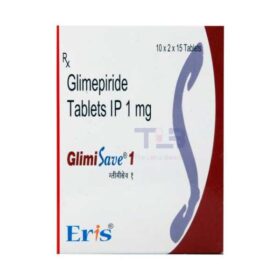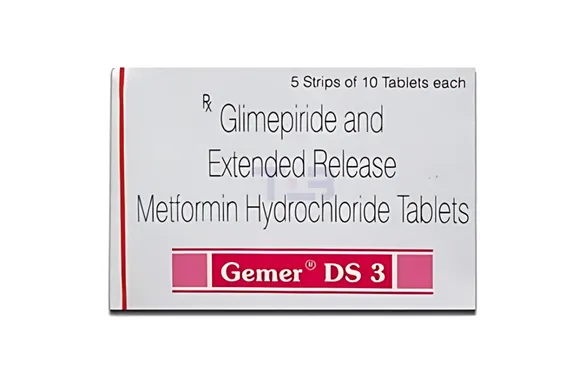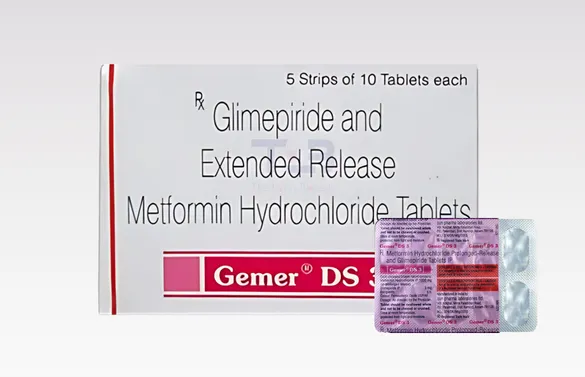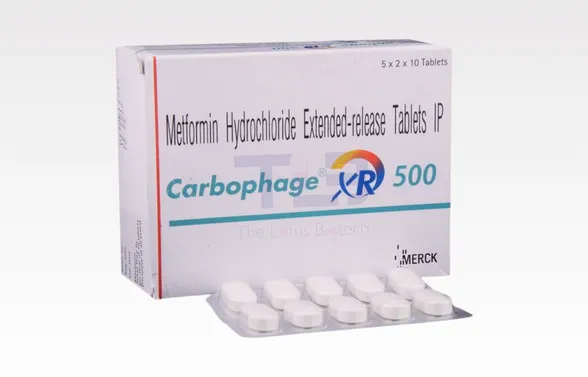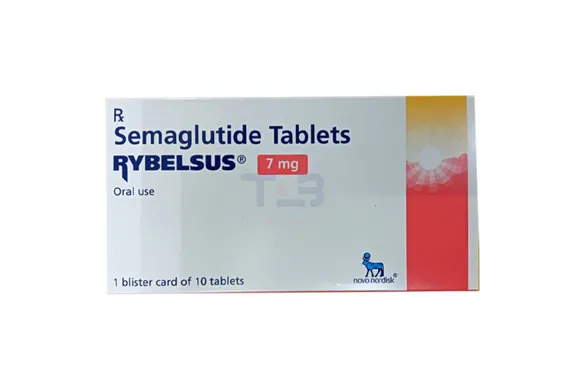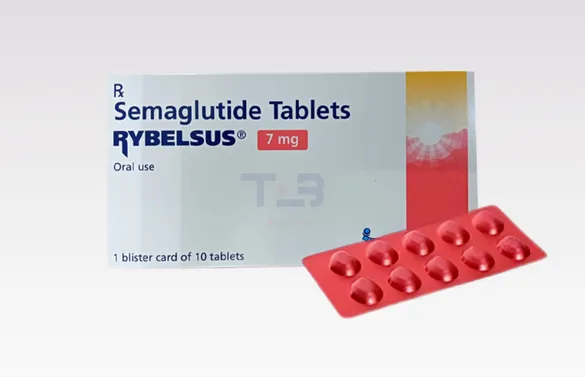Description
Complete Handbook on Glimisave Glimepiride 1 mg Tablets: Usage and Insight
| Medicine | Glimisave 1 mg Tablets |
| Marketed By | Eris Lifesciences Ltd |
| Active Ingredient | Glimepiride 1 mg |
| Storage | Store below 30°C |
| Consume Type | Oral |
Glimisave Glimepiride 1 mg Tablets – Introduction
Glimisave 1 mg tablet treats patients with type 2 diabetes mellitus (a type of antidiabetic drug). It helps in maintaining the optimal blood glucose levels in diabetes patients.
Glimisave Glimepiride 1 mg Tablets Works: A Closer Look
Glimisave 1mg tablets contain Glimepiride 1 mg, an oral tablet that stimulates the pancreas to release insulin. By enhancing insulin secretion, Glimepiride 1 mg helps lower blood sugar levels in individuals with type 2 diabetes mellitus, aiding glucose absorption by body cells and reducing the amount of glucose produced by the liver.
Glimisave Glimepiride 1 mg Tablets Use
Type 2 diabetes mellitus management
Glimisave Glimepiride 1 mg Tablets – The Benefits
Type 2 Diabetes Mellitus Management
Glimisave Glimepiride 1 mg dosage enhances insulin secretion, providing effective blood sugar control for type 2 diabetes. With once-daily dosing, it offers convenience and improves medication adherence. Its rapid onset of action helps manage postprandial glucose spikes while being weight-neutral and supports overall health
Glimisave Glimepiride 1 mg Tablets – A Usage Guide
It is usually taken once daily, offering convenience in managing diabetes.
Glimisave Glimepiride 1 mg Tablets – Side Effects
Most of the side effects usually subside when your body gets adjusted to this medicine, however, if these side effects persist for a longer period of time, kindly consult your doctor.
Common Side Effects
- Low blood sugar (hypoglycemia).
- Sweating
- Lightheadedness
- Headache
- Fast heart rate or palpitations
- Intense hunger
- Fatigue
- Headache
- Nausea
- Dizziness
- Weakness
[Note: Different drugs can cause varying side effects. To get accurate information about a medication’s side effects, refer to the official prescription information or consult your healthcare provider.]
Glimisave Glimepiride 1 mg Tablets – A Guide to Safety
Alcohol
Unsafe
Avoid alcohol consumption while taking Glimisave 1mg Tablets as it may potentiate the risk of hypoglycemia and other side effects.
![]()
Pregnancy
Consult Your Doctor
Consult your healthcare provider if you are pregnant, planning pregnancy, or suspect you might be pregnant. They can assess the medication’s safety during pregnancy and suggest suitable alternatives.
![]()
Breast feeding
Consult Your Doctor
Before using Glimisave 1 mg while breastfeeding, consult your healthcare provider. They can guide the safety of glimepiride medication during lactation, as it might pass into breast milk.
![]()
Driving
Safe
Glimisave 1mg Tablets are not known to impair driving ability significantly. However, be cautious if you experience hypoglycemia symptoms like dizziness or confusion, which might affect driving.
![]()
Liver
Consult Your Doctor
If you have liver issues or a history of liver disease, let your healthcare provider know. Glimepiride may require dose modifications or close monitoring in liver-compromised patients.
![]()
Kidney
Consult Your Doctor
People with kidney problems should be closely monitored when taking Glimisave 1 mg tablets.
Fact Box
| Chemical Group | Sulfonylurea Derivative |
| Addictive | No |
| Medication Class | Sulfonylureas (Insulin Secretagogues) |
| Action Class/Category | Anti-diabetic drugs |
Swift Advice
- Follow a healthy, balanced diet recommended by your doctor or a nutritionist to complement the medication’s effects in managing diabetes.
- Engage in regular physical activity or exercise as advised by your healthcare provider. Physical activity can help you better control your glucose.
- Be aware of signs and symptoms of low blood sugar (hypoglycemia), such as dizziness, sweating, confusion, and hunger.
- Keep a fast-acting source of sugar, like glucose tablets, apple, or sweet candies handy.
- Avoid altering the dosage without consulting your doctor.
Contact us at info@thelotusbiotech.com or +91 98998 96668 for more information.
When to take glimepiride 1 mg?
Glimisave Glimepiride 1 mg should be taken once daily, typically with breakfast or the first main meal of the day. This helps to maximize its blood sugar-lowering effects during meals when glucose levels are highest.
How long does 1 mg glimepiride take to work?
Glimisave 1 mg usually begins to work within 30 minutes of ingestion, with its peak effect occurring around 2-3 hours after the dose is taken.
How much will 1 mg of glimepiride lower blood sugar?
The extent to which 1 mg of glimepiride lowers blood sugar can vary based on individual patient factors. However, it generally reduces blood glucose levels significantly, particularly postprandial (after meal) glucose spikes.
Is glimepiride a GLP-1 medication?
No, Glimisave 1 mg Tablets (active ingredient Glimipiride 1 mg) is not a GLP-1 medication. Glimepiride is a sulfonylurea that stimulates the pancreas to release insulin, whereas GLP-1 (glucagon-like peptide-1) medications enhance insulin secretion, inhibit glucagon release, and slow gastric emptying.
Where can I get the lowest price on Glimisave 1 mg bulk purchase?
For the lowest prices on bulk purchases of Glimisave 1 mg, you can contact The Lotus Biotech, a reputable wholesaler. We offer competitive pricing and reliable service for bulk orders of Glimisave 1 mg tablets.Contact us at info@thelotusbiotech.com or call us 098998 96668, for more information.

